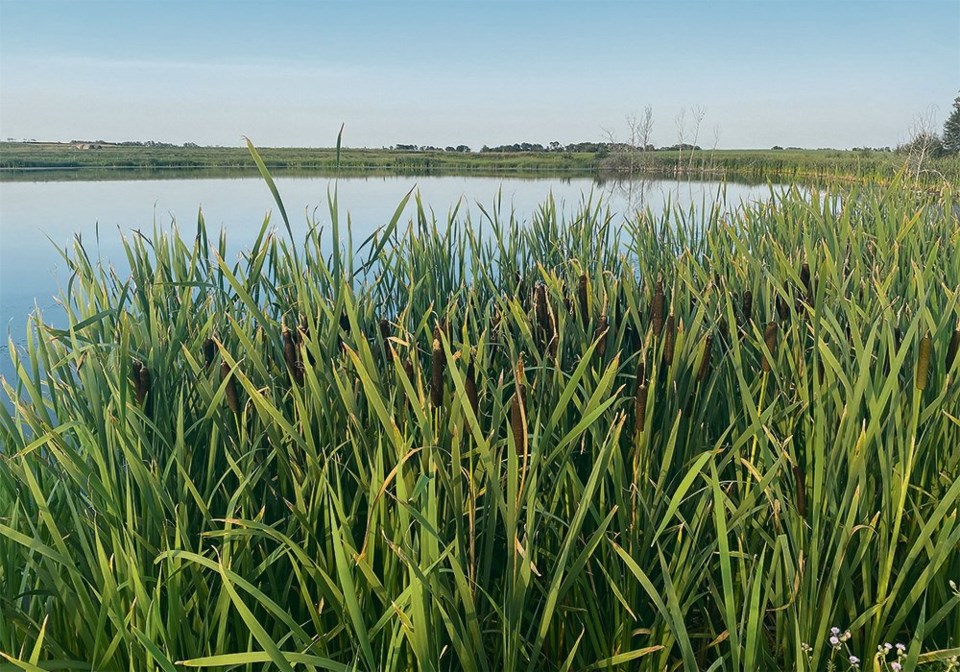WESTERN PRODUCER — During World Water Week Aug. 23 to Sept. 1, Stockholm, Sweden, hosted an international conference around the belief that “understanding, valuing and caring for water in all its forms will be essential for humankind’s survival.”
Meanwhile, in Stockholm, Sask., and elsewhere in the province, people were getting different messages from our provincial government: stand your ground and keep a sharp eye out for “federal agents” who might be sneaking onto private land to test water for nitrates.
While other governments and Indigenous water protectors take steps to defend the element that makes life possible, the Saskatchewan government issues an emergency amendment to its trespass law to make it harder for federal water samplers to do their job. For the Saskatchewan Party, it was a perfect one-two punch, appealing to both separatist rhetoric and castle-doctrine property defenders.
With this latest change to the trespass law, this government has demonstrated that it puts private property rights ahead of human rights, public interest, health and scientific necessity.
Despite persistent efforts to enclose and privatize it, water is still something that we try to govern by balancing private rights and the public interest. It is part of what is sometimes called “the commons,” the shared cultural and natural resources on which all members of society, and all economic activities, ultimately depend.
If we are to retain even a modicum of respect for our common heritage, Saskatchewan will need effective water governance and wetlands policy that will keep farmland and waterways healthy and diverse. And the federal government will need to continue its responsibilities to protect water quality across the country.
Lacking both good water governance and policy to protect its wetlands, our provincial government seems now to be questioning the very value of scientific water monitoring, and lawful rights of access to conduct it—vital tools for striking that balance between private and public interest.
In agricultural landscapes where pesticides and fertilizers are applied, damaging events like blue-green algae blooms can occur. Meanwhile, rainfall carries atmospheric pollutants from agriculture and from far away industries that affect water bodies on millions of acres of private land. We all benefit from adequate testing of water quality to protect our health, food and ecosystems. How else will we know the difference between practices that pollute water and those that keep it clean?
Under the Canada Water Act, federal employees have the legal authority to go onto private land to test the water—with or without permission—just as provincial food inspectors, agricultural inspectors, animal health officers and fisheries officers can lawfully access private land to perform their duties.
Premier Scott Moe and his ministers know this, and they know that this kind of water testing has been going on for decades. They also know what the provincial auditor’s 2021 report said, specifically, that they are the ones failing to protect the property rights of farmers and landowners downstream when they don’t monitor and regulate illegal drainage or follow their own legislation.
Premier Moe’s government will undoubtedly continue to feed half-baked dreams of nationhood by coming up with grievances of perceived federal over-reach. By lighting up social media to spread the lie that the federal officials were testing for nitrates, they knowingly created a situation that will hamper farmers’ efforts to fight climate change by reducing nitrogen emissions from agriculture.
Trevor Herriot is a Regina-based writer, naturalist and grassland advocate. Al Birchard is an Assiniboia-area grain farmer and National Farmers Union board member.

